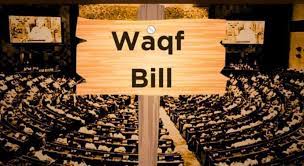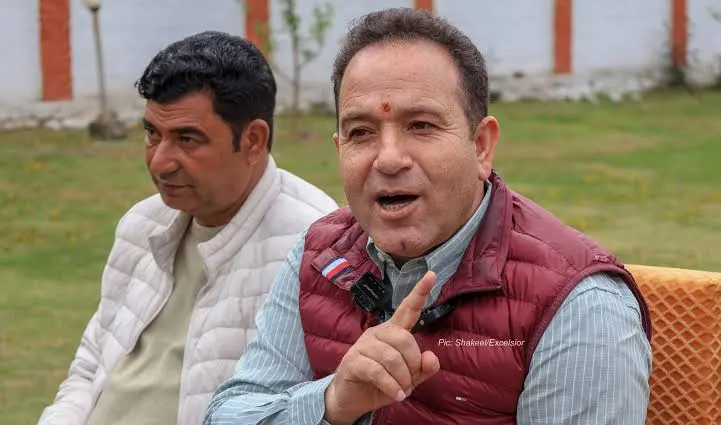Political and Legal Battle Intensifies Over Controversial Legislation
Srinagar,09 April 2025: A United Front Against the Waqf Act
The amendments to the Waqf Act have triggered a political storm in Jammu and Kashmir, with the ruling National Conference (NC), opposition Peoples Democratic Party (PDP), and Jammu and Kashmir Apni Party announcing their plans to approach the Supreme Court to challenge the legislation. The Act, which has sparked protests and disrupted proceedings in the Legislative Assembly, is being described by critics as a direct attack on the religious autonomy and property rights of the Muslim community.
NC’s Legal Strategy
NC chief spokesperson Tanvir Sadiq confirmed that the party, under the direction of its president Farooq Abdullah, will file a writ petition in the Supreme Court. “This legal battle will now be fought in the Supreme Court. We believe this Act represents a constitutionally alarming interference in the religious affairs of the Muslim community. It violates fundamental constitutional protections under Articles 14, 15, 21, 25, 26, 29, and 300A. It is a direct attack on the religious freedom, equality, and property rights of Muslims across the country,” Sadiq stated.
Sadiq added that independent MLA and former judge Muzaffar Iqbal, along with lawyer-turned-legislators Hilal Akbar Lone, Arjun Singh, and Riyaz Ahmad Khan, will spearhead the legal challenge.
PDP and Apni Party Join the Fight
PDP president Mehbooba Mufti announced her party’s intention to challenge the Act in the Supreme Court, describing it as unconstitutional and discriminatory. “The PDP will move the Supreme Court against the Waqf Amendment Bill. We also extend our full support to the All India Muslim Personal Law Board (AIMPLB) and other organizations opposing the Bill,” Mufti said.
The Jammu and Kashmir Apni Party, led by Altaf Bukhari, has also declared its decision to approach the apex court. Following a party meeting, Bukhari stated, “After in-depth discussions and feedback from grassroots-level leaders, we unanimously adopted a resolution urging the Government of India and fellow citizens to support the reversal of the recent amendments.”
Political Fallout
The controversy over the Waqf Act has disrupted the Legislative Assembly for three consecutive days, with NC members and their alliance partners staging protests against the Speaker’s refusal to allow a debate on the matter. The Speaker, Abdul Rahim Rather, cited the sub judice status of the Act to disallow discussions, a move criticized by opposition leaders as a deliberate tactic to stall proceedings.
The Act has also drawn criticism from religious leaders, including Mirwaiz Umar Farooq, who described it as an infringement on the rights of the Muslim community. The Mutahida Majlis-e-Ulema (MMU), an amalgam of over 20 religious organizations, has pledged its support to the AIMPLB’s legal challenge.
Looking Ahead
As the legal battle over the Waqf Act unfolds, the focus will remain on the Supreme Court’s response to the petitions filed by political and religious leaders. The case is expected to have far-reaching implications for the balance between legislative authority and constitutional safeguards.




